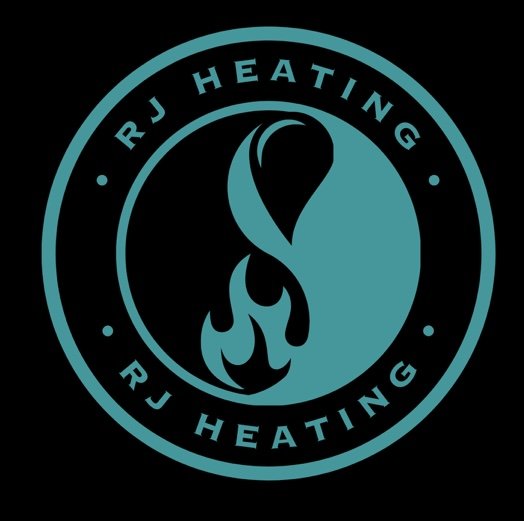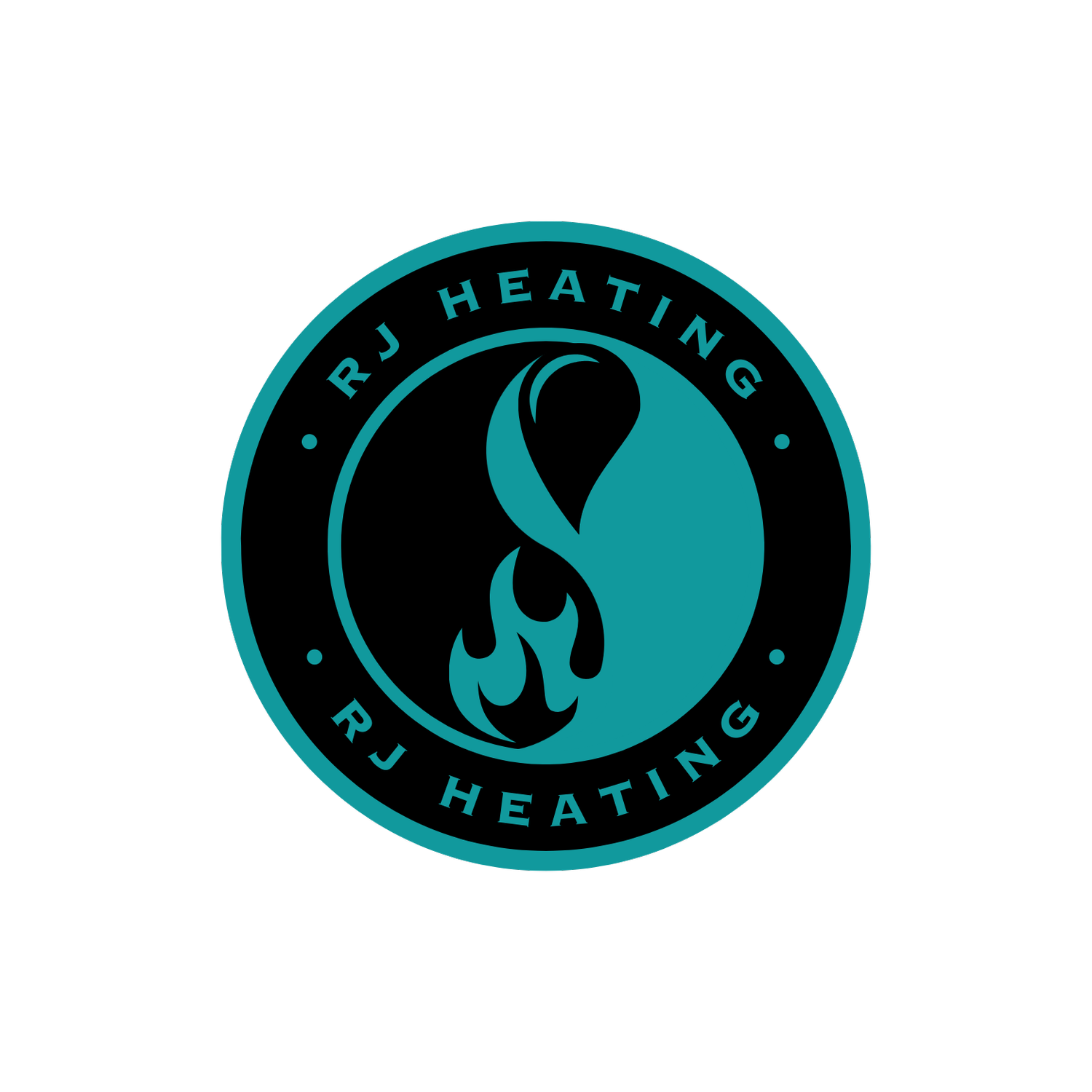Why does my boiler pressure go down?
Yes, leaks cause the system pressure drop.
Yes, leaks do occur.
No, leaks aren’t the sole cause of pressure problems!
There’s a few reasons the pressure can drop on a system, more often than not, you’re told there’s a leak on your system somewhere...this isn’t always the truth!
In my experience, usually, the expansion vessel is to blame! Whether this be that it’s needing a “recharge”, passing from the Schroeder valve or a tear in the vessel bag...this is a common fault that can lead to a multitude of problems!
Some of the possible causes...
EXPANSION VESSEL
To put it plainly, it’s a rubber bag of air inside a metal canister which fills of water, (the canister, not the bag). When the water heats, it expands, the bag of air pushes against the water and creates your system pressure. If there’s no air in the bag, there’s nothing to push back and so the water continues to expand...this is where we meet our old friend, Pressure Relief Valve (PRV - we’ll discuss this in a minute). Symptomatically, you’d notice the system pressure rising really high, really quickly, then discharging through the PRV. This would cause you to keep having to top up the water pressure - again, a cause of problems in itself!
PRESSURE RELIEF VALVE
A spring loaded valve, usually set at 3bar and allows water to pass through it if the pressure gets too high, don’t worry, they always fail to safety, (which leads onto another cause of pressure problem). An untouched PRV, never causes a problem, once they’ve been activated, they’re as temperamental as a wild horse! Being spring loaded, bits of debris that sit in your system can get stuck on the PRV “top hat” and stop it from seating back correctly and/or springs can lose their tension. This can be another direct result of a faulty expansion vessel, even allowing the pressure to continue dropping after repairing or replacing the vessel.
AUTOMATIC AIR VENT
A little “float” controlled valve, usually sitting inside your boiler that gradually lets any build up of air in the system out. Sometimes, the float fails and allows water to slowly seep out, usually unnoticeable until you remove the boiler casing and start to see limescale around the opening.
PUMP/CIRCULATION
If the system circulation is poor, it can also be a cause of pressure loss. Again relating to the PRV. When a system runs and has poor circulation, it can cause system overheat. If this occurs, the water will ultimately expand too much and activate the PRV, causing pressure to go down.
WATER LEAKS
Contrary to the above information, leaks are still a common cause of pressure loss. Leaks can occur anywhere from around radiator valves, faulty components, under floors and every engineers favourite hidden ones, leaking into the cold mains supply or straight through the condense (as a customer, you’d NEVER find these). Leaks can be dealt with in several ways, replacing pipe/components, tightening nuts, or leak sealant.
Aside from water leaks causing property damage, pressure problems can lead to more faults than just inconvenience. The more you have to top up the water pressure, the more “fresh” oxidised water you put into your system causing damage to your pipes and diluting your system if it’s been inhibited correctly.
Most of the time, pressure problems will need a qualified engineers visit to diagnose correctly - before calling an engineer, it would be helpful to gain some information for them...
How often does the pressure go down?
Do you see the pressure rise quite high, and quickly before it drops down to 0?
Do you have any water discharging from the PRV outside?
Have any water stains appeared on your ceilings or walls?
Have you had any unexplained pools of water around any pipework, radiators or boiler?
How quickly does the pressure go down?

